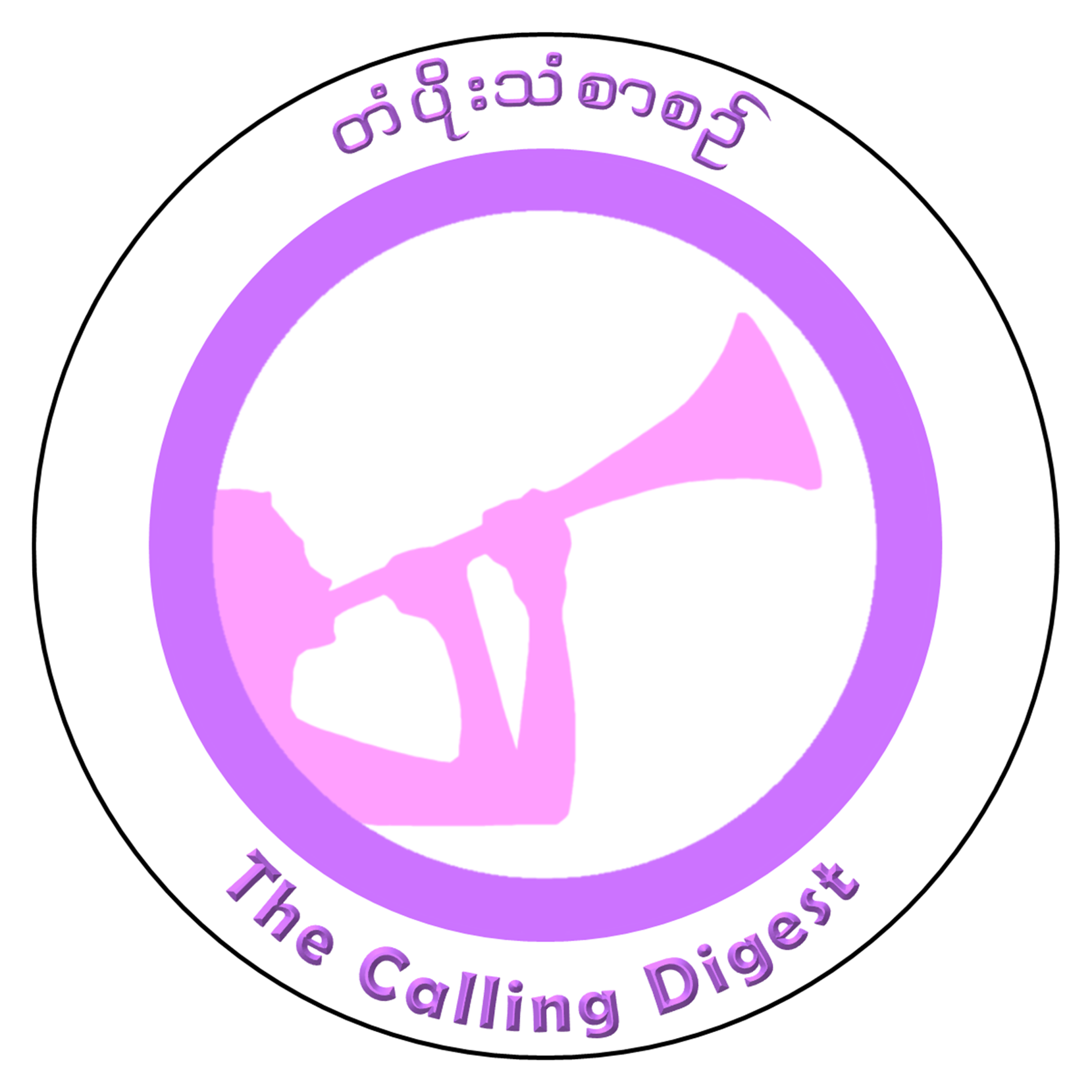Creating Values and Agency

In an era defined by convenience and hyper-accessibility, human lives are increasingly shaped by the consumption of values through media, education, cultural norms, or economic goods. From political ideologies to personal identities, many individuals passively absorb ready-made meaning systems. This trend, while seemingly benign, poses a threat to the integrity of human agency. For a person to truly be free, not just legally but existentially, they must not only consume values but also engage in the more difficult, vital task of creating values. This essay argues that value consumption alone makes humans reactive and dependent, while value creation is fundamental to autonomy, dignity, and the full expression of human agency.
From childhood, we are immersed in layers of social, cultural, and political meanings that tell us who we are, what to believe, how to behave, and what to desire. These values (such as nationalism, religious morality, economic success, or romantic love) are rarely interrogated but often internalized. To consume values is to inherit a worldview without deliberate authorship. While this process is a necessary starting point for human development, it becomes a trap when individuals stop there. Without critical engagement or transformation, the consumer of values becomes a vessel, not an author, of meaning.
When we rely solely on consumption, we outsource our moral compass to authority, tradition, or fashion. We react to social expectations, trending ideologies, or charismatic leaders rather than shaping our own direction. This reactivity is particularly dangerous in political life, where citizens may follow slogans instead of principles or react to fear and resentment rather than engage in thoughtful deliberation. The result is not freedom, but conformity wrapped in the illusion of choice.
Agency is the capacity to initiate, to reflect, to choose deliberately, and to act with intention. A person who merely consumes values lacks this capacity in a deep sense; they follow scripts written by others. Value creation, on the other hand, is the deliberate crafting of one’s own meaning systems based on lived experience, reflection, and critical engagement. It means asking: What do I believe? Why does this matter to me? What do I want to stand for in the world?
This is not the same as relativism or creating values arbitrarily. True value creation is both personal and social, for everyone is interconnected. No one creates values from vacuum. It draws from history, community, and language, but it refuses to be defined only by them. It tests inherited values, modifies them, or rejects them when they conflict with one’s deeper understanding of the world. A free person is one who does not merely inherit values but shapes them in dialogue with others and in alignment with their own integrity.
Value creation is therefore about ownership. It’s not freedom from values; it’s freedom with values that one has consciously shaped. It is in this way that value creation becomes an exercise of sovereignty, self-determination, a declaration that one is not merely a recipient of the world but also a co-author of its meanings.
A society of value consumers tends to become fragile, polarized, or easily manipulated. Why so? Because unexamined values can become rigid dogmas or tools for domination. People cling to them as identities rather than use them as frameworks for thoughtful living. This rigidity undermines pluralism, solidarity, and democracy.
By contrast, a society that encourages value creation fosters citizens who are capable of disagreement without dehumanization, who see others as fellow meaning-makers rather than enemies or converts. This is essential in democratic life, where diverse values must coexist, conflict, and be negotiated toward a shared common good.
Moreover, value creators are more resilient. They do not collapse when their inherited frameworks fail; they are practiced in rebuilding meaning from the ground up. In political struggle, resistance, or crisis, it is the value creator who sustains moral clarity, adapts wisely, and leads authentically.
Thinking about how we form our identities and beliefs reveals that they are not fixed essences but constructed strategies, tools for navigating an unstable and complex world. To consume values without creation is to treat strategies as essences: rigid, sacred, and non-negotiable. But to create values is to recognize the strategic nature of meaning-making. It allows one to adapt, resist, collaborate, and transform without losing coherence. Therefore, value creation is not a luxury; it is a discipline. It demands critical thinking, emotional maturity, and a willingness to live with uncertainty. But it is precisely in this space, where values are not given but made, that human beings come closest to freedom.
Freedom is not the absence of constraint; it is the presence of agency. To be free is to author one's life in relation to the world, not merely to exist within it as a passive inheritor of someone else’s values. While value consumption is an inevitable part of social life, it must be balanced—and ultimately transcended—by the deliberate act of value creation. This act affirms not only individual dignity but the very possibility of a meaningful collective life. It transforms politics into dialogue, ethics into practice, and identity into evolution. A truly free person is not one who consumes values that fit them best, but one who dares to craft values worth living, and even dying, for.
